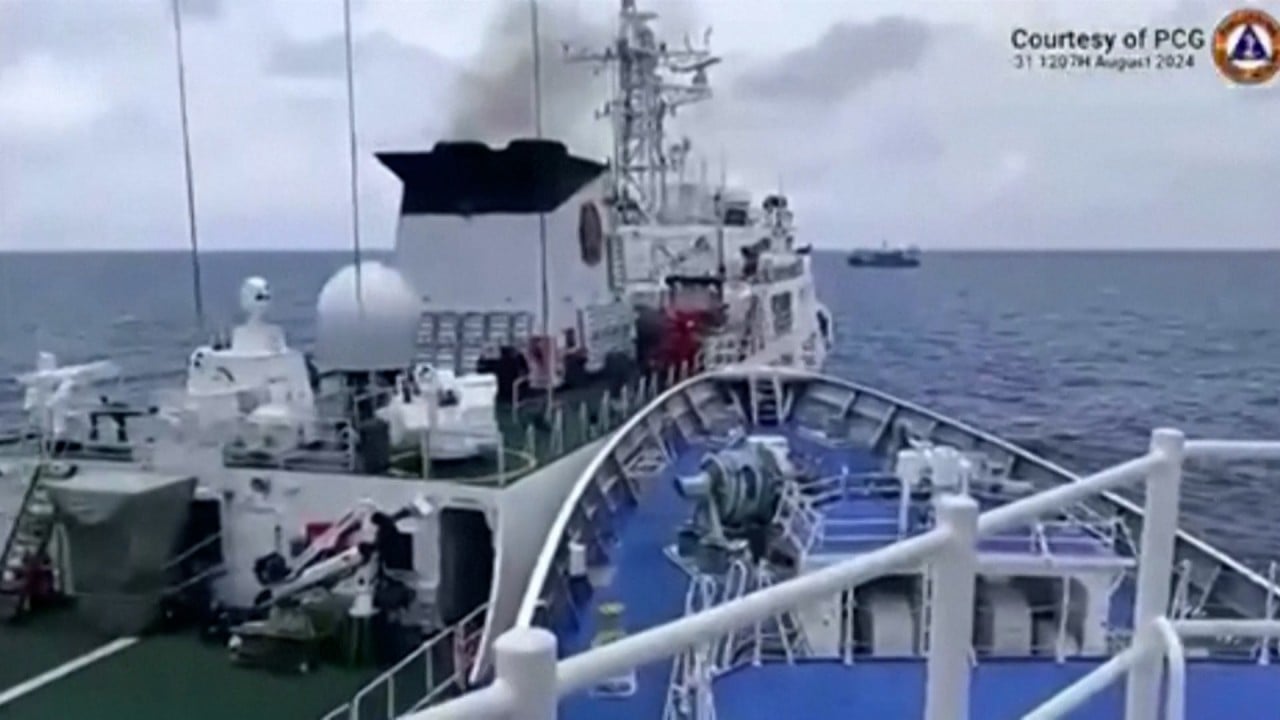Philippines eyes UN vote on South China Sea dispute, risking Beijing’s retaliation
While analysts believe the Philippines could win a vote, they warn of potential retaliation from China, similar to past trade embargoes

The Philippines is poised to take its territorial dispute with China to the United Nations General Assembly, a strategy analysts say could provoke Beijing to respond with economic sanctions similar to those imposed in the past, as tensions in the South China Sea continue to mount.
During a session in the Philippine Congress on Wednesday, Nueva Ecija Representative Joseph Gilbert Violago, who is overseeing the Department of Foreign Affairs’ proposed 2025 budget, confirmed the bureau “plans to file a resolution with the United Nations General Assembly (UNGA) on the Philippines’ territorial claim” in the West Philippine Sea, which is Manila’s name for the South China Sea within its exclusive economic zone.
Currently, China has competing claims in the South China Sea, not only with the Philippines but also with Malaysia, Brunei, and Vietnam.
In 2016, an arbitration tribunal at The Hague ruled in favour of the Philippines territorial claims, dismissing China’s broad claims over the waters as having no legal basis. Beijing has consistently rejected and denounced the ruling as illegitimate.
In recent months, Manila has accused Beijing of using aggressive “grey-zone” tactics to assert its territorial claims – such as firing water cannons and high-intensity lasers at Philippine vessels – in a bid to gain control of the disputed waterway without provoking open warfare.
Speaking to This Week in Asia, Greg Poling, director of the Southeast Asia programme at the Centre for Strategic and International Studies think tank in Washington, said that if the Philippines were to seek a vote in the general assembly calling on China to comply with the 2016 arbitration ruling it is likely to win, but mentioned Manila does have concerns.

